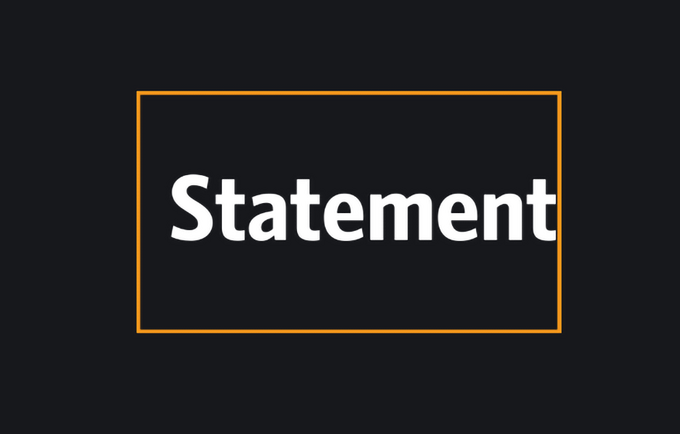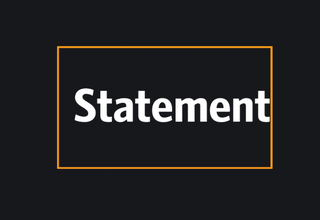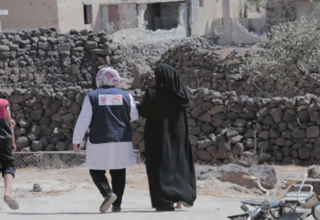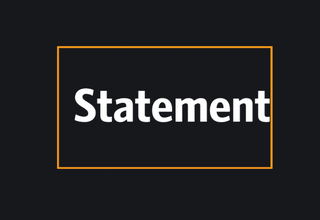Around the world, there are multiple intersecting and complex crises affecting humankind – from conflict to the ongoing coronavirus pandemic, from escalating climate impacts to sharp commodity price increases. Millions of people have lost loved ones, homes, and jobs. Far too many experience hunger and insecurity each day and lack access to basic services. Women and girls disproportionately bear the brunt of these crises and their aftermath. Their rights and choices are often relegated as nice-to-haves – yet sexual and reproductive health and protection services are more than must-haves, they are life-saving.
World Humanitarian Day reminds us that we all have a role to play and that we can only confront these challenges together. Every day, women, young people, local leaders, UN agencies, and civil society organizations are showing the way, working on the frontlines of emergencies to build a healthier, safer, and more equitable planet, often under very challenging circumstances.
UNFPA is on the ground in over 60 humanitarian contexts ensuring that all women and young people can still give birth safely or avoid the brutality of gender-based violence. In 2021, our teams provided 29 million women with sexual and reproductive health services, and supported 1.5 million safe deliveries. We extended care and protection to 2 million survivors and women and girls at risk of violence, and disseminated information to 75 million people on health and protection. We defended the rights of women and girls and opened channels to secure reproductive health supplies and food and cash assistance.
We cannot do any of this alone. Anowara was once a midwife in Myanmar and is now a refugee in a camp in Cox’s Bazar, Bangladesh. Upheaval in her own life has not stopped her from offering her skills to other refugees. As a volunteer midwife at a camp health centre, she has brought over 300 babies safely into the world and ensured their mothers attend regular antenatal check-ups. The determination of local humanitarian heroes like Anowara brings hope to women and girls in an emergency.
With crises intensifying in many parts of the world, demands and funding requests keep growing. Humanitarian action is more vital than ever, even as billions of dollars are still required to reach those most in need. Humanitarian workers face serious threats and risks, often compounded by access constraints; these everyday heroes need our full support to operate safely and effectively.
On this World Humanitarian Day, and every day, let us work together to empower and support all those requiring humanitarian assistance and protection, and to secure a more resilient, inclusive and sustainable world for everyone.




